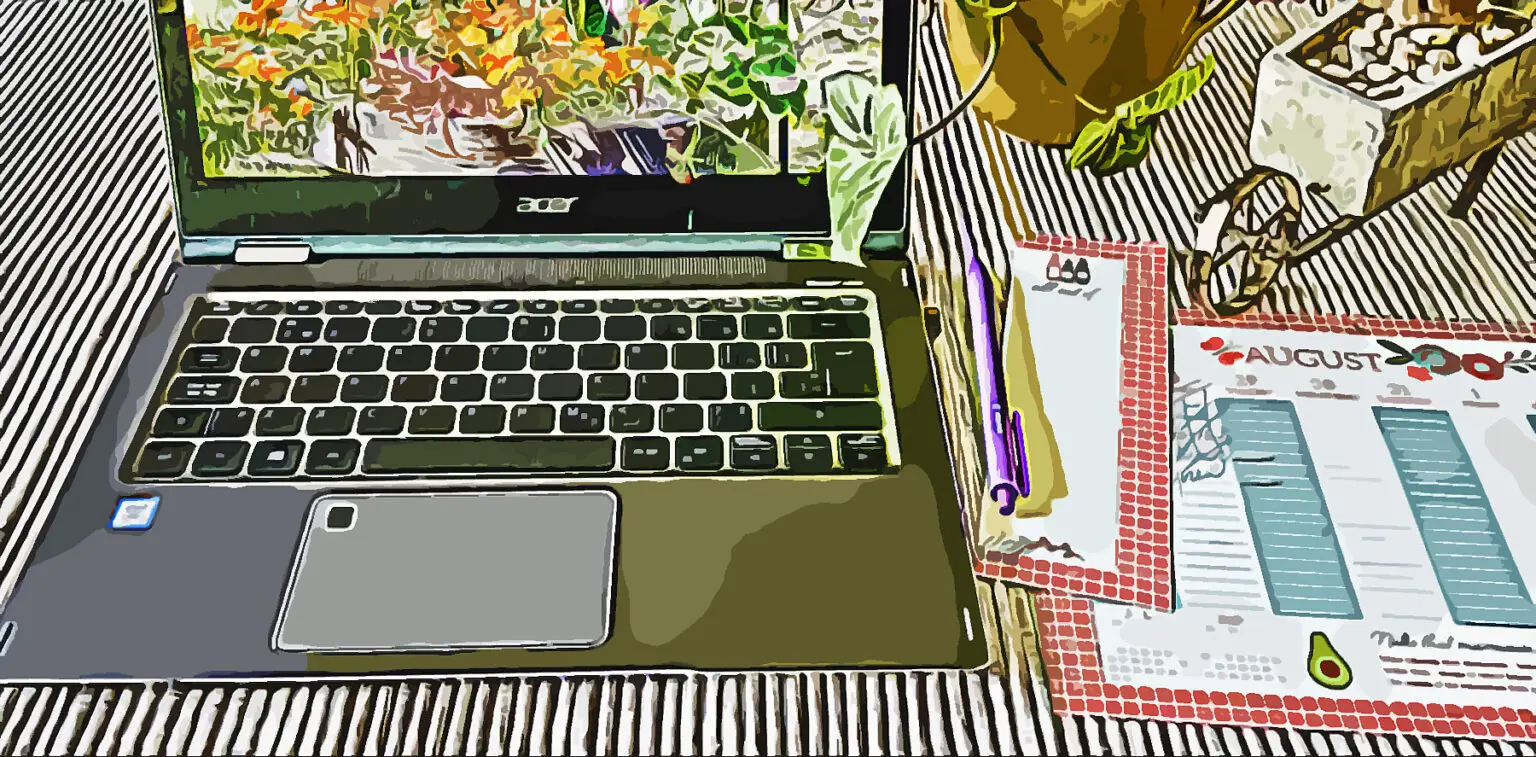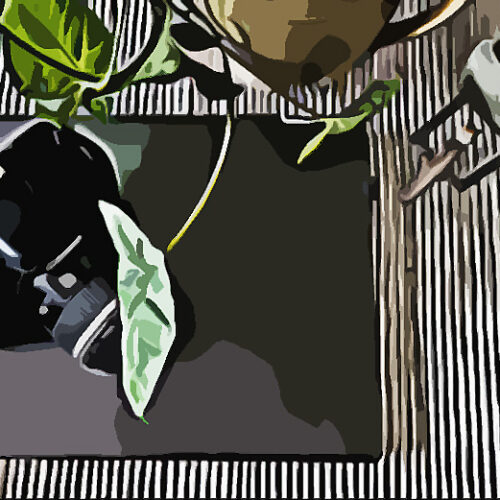8 Lessons I've Learned - Blogging For Newbies.
Blogging is an exciting way to express yourself and share your thoughts and experiences. However, for beginners, it can be daunting. As a new blogger, I have learned several valuable lessons that can help newbie bloggers enhance their writing and blogging skills.
These lessons include understanding the target audience, selecting the right niche, establishing consistent writing habits, and improving writing skills by reading and learning from other bloggers.
Sharing these lessons with newbie bloggers can help them avoid common mistakes and assist them in achieving writing and blogging success.
Before COVID-19 hit, I spent two months in Las Terrenas and decided to document my travels through pictures and writing. Although I’m not a blogger, I’m passionate about sharing my good and bad experiences.
I needed to develop a suitable name for my website (try a catchy name). Then, I had to search for a platform to host my domain name. I ultimately chose Bluehost, but there are other options available that may better suit your needs.
After that, it was time to choose a website builder. I opted for WordPress because of its user-friendly interface and pre-made themes. It’s important to take the time to explore your options before making a decision.
Now that everything is running, you can create your first page or post in your chosen niche.
Here are the steps I learned for Newbies
My learning process.
Initially, I watched several video tutorials on how to create a website. However, I faced difficulty finding the necessary information until I came across some highly beneficial videos that taught me how to easily make a website.
After almost two years of posting content incorrectly, I realized that my blog was not visible on Google and that the paragraphs in my posts were too lengthy for readers to read. This was another mistake on my part.
I had failed to comprehend the significance of SEO in increasing my visibility on Google. Therefore, I returned to the basics and began learning new concepts again while searching for appropriate tutorials and videos on SEO.
I also learned how to create a post page correctly. There is still so much left to learn, and I continue learning daily!
Also, I joined a Facebook group where I discovered the potential to learn more.
How to start an Website for A Newbie
Let’s dig inside my learning..
With WordPress, I built my travel website using Elementor Pro. The Hello Theme serves as my base, and I personally constructed my blog. Alternatively, you can opt for one of their numerous themes, which provide easy-to-follow instructions on adding your own text and pictures.
My choice of Elementor was based on its affordability, particularly for beginners who are hesitant to spend too much money. It took me a few weeks to become adept at using it, and their customer service was exceptional.
As someone who is familiar with computers, I cannot say for certain whether or not it will be easy for you to use.
However, you have the option of trying it out for free.
Write your post
*Begin by using the Google Docs app to write your post. Google Docs correct any mistakes and keep your pages safe. This way, you’ll always have a backup copy.
** Choose a good font.
With so many fonts available, knowing where to begin and how to find the perfect fit can be challenging. While the look is crucial, readability is equally essential.
I use font sizes between 14 and 16.
*** Structure your post- For easy Reading
Incorporate header tags into your post to structure it for easy reading. Every blog post should have an introduction and a conclusion, with headers and subheadings in between.
H1 Header
H2 Subheader
H3 Accent
H4 Text
H5 and H6 (you can use it or not)
If your content is too long, add a table of contents or some pictures.
Write short paragraphs
Writing short paragraphs can make your content much easier to read. Breaking up text makes it more visually appealing and less intimidating to readers. It allows them to take in information at their own pace rather than feeling overwhelmed by a large block of text.
Short paragraphs can also help you to organize your thoughts and ideas better. By breaking up your content into smaller sections, you can ensure that each paragraph has a precise topic and purpose.
This can help you convey your message more effectively and keep your readers engaged.
Overall, creating short paragraphs is a small but significant way to improve the readability and impact of your writing. By breaking up your content and making it more accessible, you can ensure that your readers stay interested and informed throughout your piece.
Write your article section by section
When writing an article, it’s advisable to tackle it section by section rather than attempting to write the entire piece in one go. This approach helps to alleviate the pressure that comes with writing long pieces.
I prefer to write my articles section by section on a document page (docs. google), then go through it again to make necessary changes before adding a new section.
You’ll eventually find your unique style that works best for you.
It’s important to note that articles should be at least 2,000 words long. However, they should be mindful not to be too long, as readers might lose interest.
My articles typically are 1,000 words or slightly less. I always strive to make them longer, but sometimes, it can be challenging to add more content when you’ve already exhausted all the possible topics.
To write an influential article, start with an introduction briefly explaining the topic you will cover. For a travel article, consider providing some background information that could include the history or current status of the topic to keep readers engaged.
Use headings, subheadings, and bullet points to make your article easy to follow.
Finally, wrap up your article by offering some final thoughts or recommendations. Don’t forget to proofread your work for spelling and grammar errors before publishing.
I hope these tips help you write an excellent article/post!
Insert original images
Use original images to set your blog apart from others. Take your own photos or use stock images. Original photos are great for SEO and are more likely to keep your readers interested.
People are more likely to share them on sites like Pinterest or Instagram, too!
Nowadays, you can get photos generated by AI! If you’re interested, check them out and see if you like them.

Proof-read your post
Proofreading your post is essential in ensuring that your writing is clear, concise and free of errors. When you proofread your work, you take the time to review and revise your content objectively.
This allows you to catch grammar, spelling, punctuation and syntax mistakes. In short, proofreading is a crucial aspect of effective communication and a habit you should develop to produce high-quality writing.
I made a few mistakes in some posts, but luckily, my son caught them. It’s always better to double-check before sharing your content with others.
Before hitting the "done button"
If you want to increase your blog traffic, consider including Pinterest pins.
You can create your pins using Canva or Photoshop.
The recommended size for Pinterest is 1000x1500px with a 2.3 ratio, while for Instagram, it’s 1080×1350 with a 4.5 ratio.
To add a “Pin It” button to your blog, you might want to try using a plugin like Tasty Pins, Grow by Mediavine, or Welbizer Pin It (free).

Additionally, investing in a quality mirrorless DSLR camera or the latest smartphone can enhance the visual appeal of your blog. You can learn basic photography techniques, such as the rule of thirds, to take even better pictures. Best of luck with your blogging!
MY RESEARCH FROM A NEWBIE
I want to share some resources to help newbies start their website or blog.
Buy a Domain Name with top hosting of 2023
-Learning to make a Website:
I have found some helpful tutorials and videos on starting a website.
**These two are my favourites for learning how to make a good website.
*How To Make a WordPress Website – In 24 Easy Steps
*Living with pixels
These are the videos I selected to improve my website’s SEO. You can search for more that fit your needs.
-Seo:
-Videos for learning SEO
-You will find a lot more information here that will help you.
Blog Coaching For New Bloggers And Online Entrepreneurs (margaretbourne.com)
Have fun Newbies!

Fantastic insights for new bloggers!
Your lessons learned and detailed process offer a valuable guide. I appreciate the tips on SEO and the importance of original images. The section on writing short paragraphs is a game-changer! Looking forward to implementing these strategies. Thanks for sharing your wisdom! 😊
I am glad it will help you. It is not fun to learn a new thing and nothing works LOL…I still do :O(
Great advice! Especially Google Docs for proofreading as well as a form of backup for your posts!
Thank,s .I always add it also to one note (double security LOL )
These are great tips! Definitely could have used some before I started, haha.
These are great lessons for new bloggers. I also struggled with SEO in my first couple of years and I am still learning. Thank you for sharing!
I am always in trouble with my SEO ,not fun
Such an informative post! I love working in Google docs for the auto-saves and being able to pull up the doc on all of my devices.
I like it that you can write and rewrite without losing your pages.
Thanks for sharing this breakdown of your process. It’s very helpful and informative.
I hope it will help :O)
Good advice included in here. We’ve all been there and I wish I had some tips like these when I was just getting started.
Thank you . I find it hard for me to look everywhere for good help. I hope it will help newbies
Thanks for sharing!
Google Doc is my most favourite thing when we talk about writing! I am in love! I’ve got a paid plan so I can store more texts and pictures 😁
I discovered google Doc not too long ago and I love it..It corrects my french/english errors lol…